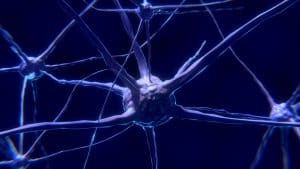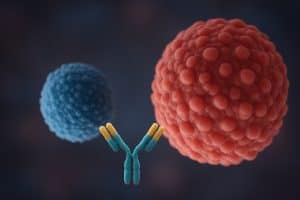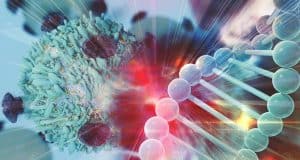
Statins revealed to potentially aid cancer treatment
pharmafile | January 25, 2017 | News story | Research and Development | Cancer, University of Kansan, statins
New research, conducted at the University of Kansas, has emerged that reveal a potential use for statins beyond their current function of lowering cholesterol – targeting the gene that is associated with almost half of human cancers. The protein in question is produced by the gene p53, with the protein produced by gene p53 controlling how quickly cells grow and divide. When the gene mutates, it no longer controls the growth of cells and can actually increase the progression of cancer.
The researchers found that by using statins, they were able to slow progression of the cancer. The studies were conducted with mice which were injected with cells containing the mutant p53 gene. A group of mice were then given constant doses of statins whilst a control group were left untreated. The results found that the statins were able to slow the growth of tumours by degrading specifically only the cells that had the mutated p53 gene.
There had previously been clinical studies upon whether statins had the potential to aid in cancer treatment but were found to be inconclusive. One of the outcomes of this most recent research is that it found that statins only impacted upon p53 genes that had structural mutations, as opposed to other forms.
The process to get to even this stage was an arduous one, they tested a total of 9,000 different compounds to see which had an impact on the p53 genes. Of the 9,000, the High Throughput Screening Laboratory (HTC) notified the researchers that it had identified only 10 compounds that showed promise in reducing mutant p53 genes.
“Once we knew for sure statins degraded mutant p53, we still had to figure out how,” Atul Ranjan, a post-doctoral researcher in cancer biology at KU and co-author on the study commented to Science Daily. “We needed to find out exactly how the statins work for p53 degradation; which other proteins are involved in the mechanism.”
Further research revealed that the action of statins to reduce cholesterol is also applied to prevent mutated p53 from binding to the protein DNAJA1, which effectively camouflages the damaged cell from being destroyed. The research could lead to new ways of treating cancer in the future, with statins, or a compound with a similar action, used in conjunction with chemotherapy.
Ben Hargreaves
Related Content

Central nervous system cancer metastases – the evolution of diagnostics and treatment
The current forms of immunotherapy, how T cell therapy works and what the future holds

BioMed X and Servier launch Europe’s first XSeed Labs to advance AI-powered antibody design
BioMed X and Servier have announced the launch of Europe’s first XSeed Labs research project, …

T-cell therapy – the evolution of cancer treatments
The current forms of immunotherapy, how T cell therapy works and what the future holds






